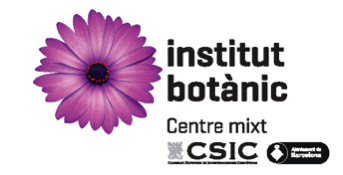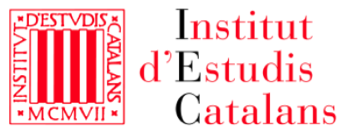The research interests of the group are divided in two main lines. On the one hand, we are focused on the study of the changes taking place in plant genomes, under an evolutionary perspective. On the other hand, we aim to explore the traditional knowledge of plants.
General objective:
Within the first research line our approaches try to reconstruct extant plant diversity in the case studies, mainly wild non-model species and crops. By characterizing plant genomes, we increase our understanding on the evolutionary processes taking place in them. The second research line is focused on the study of agroecosystems, ethnoflora and traditional knowledge. By collecting popular knowledge on the plant uses and names we are preserving this cultural heritage, which will be the basis of further research on the attainment of, among other products, new medicines or food sources. The information coming from both lines is integrated in multidisciplinary studies on species with biocultural and applied relevance.
Specific objectives:
In the field of plant diversity and genome evolution:
- To investigate plant diversity through the integration of data from morphologic (including geometrical morphology), karyologic, cytogenetic and genomic approaches.
- To reconstruct the phylogenetic and phylogenomic history in certain plant groups, analysing key factors contributing to species evolution.
- To analyse the underlying genetic basis in the morphologic novelty in plants and their diversification (evo-devo studies).
- To study population variability of plant species from a multidisciplinary point of view (genetic, morphologic and biochemical), with the purpose of conserving and exploiting this diversity in a sustainable way.
- To explore the models of molecular evolution and organisation of ribosomal DNA.
- To study genome size variation in relationship with ecologic, karyologic, morphologic and evolutionary parameters of species.
- To evaluate the impact of dysploidy, polyploidy, activity of transposable elements and other repetitive DNA in the composition and evolution of genomes.
- Maintence and analysis of the databases with karyologic and cytogenetic data created by our group (GSAD; plant rDNA database; B-chrom; Sex-Chrom), embracing a large number of species, as a tool for a global understanding of evolutionary processes at the genome level.
In the field of ethnobotany:
- To develop ethnofloristic studies in Catalan-speaking areas, including all plant uses (medicinal, food, other) and perform phytonymic studies.
- To study the diversity of agroecosystems and urban markets, with its coupled traditional knowledge.
- To study landraces of certain crops with the purpose of conserving them and their coupled traditional knowledge.
- To increase the content of the database etnobotanica.cat, created by our group, and to convert it in an open-access resource
- To study the traditional uses of Cannabis in its distribution area looking for possible usages, particularly of ancestral varieties. To generate a database with all available ethnobotanic information on Cannabis (alien and own).
- To relate ethnobotanic knowledge with morphologic, biochemical and genetic data in certain case studies, fusing the group’s research lines with the purpose of both preserving knowledge and opening possibilities of research on potential new medicines and other useful products.






